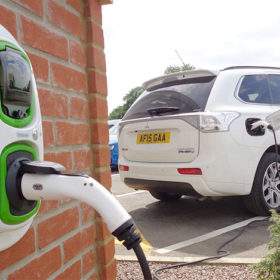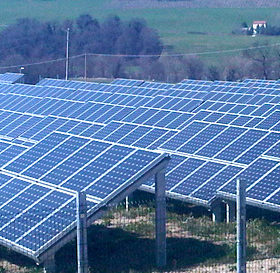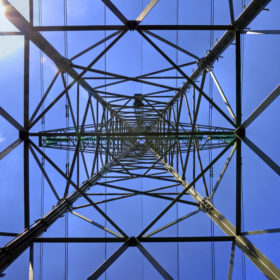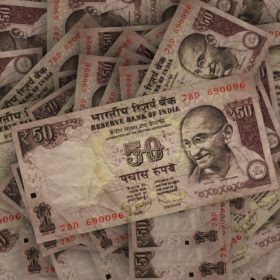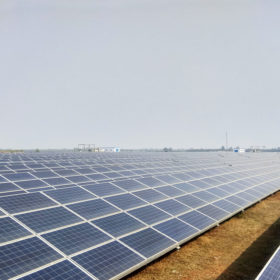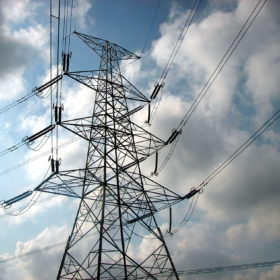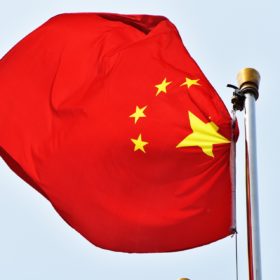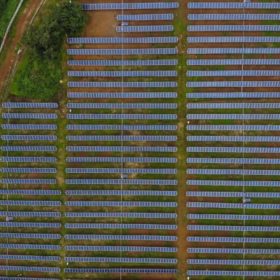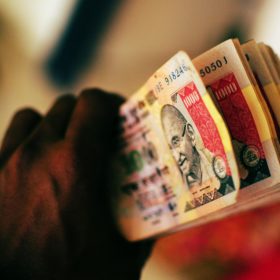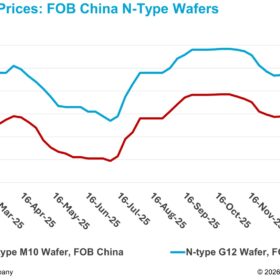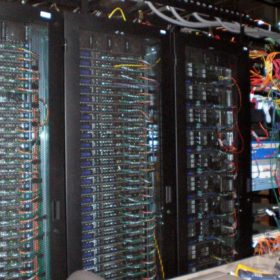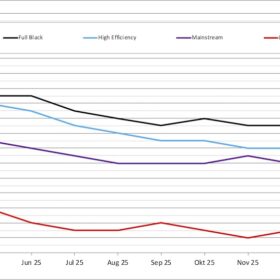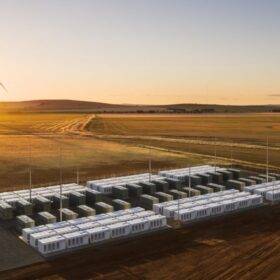Customs duty on EV components slashed to 10-15%
To encourage Make In India, the Indian government has slashed the customs duty on electric vehicle (EV) parts and components to 10-15%. Earlier, EV parts and components imported for assembly in India attracted duties of between 15 and 30%. The move will eventually make EVs cheaper and encourage their adoption in India.
Viability gap funding approved for 1 GW solar projects in North East
The President of India has sanctioned implementation of viability gap funding for setting up of 1 GW grid-connected solar PV power projects in North Eastern states including Sikkim. The funding has been approved as a subset of the existing scheme for setting up of 5 GW grid connected solar PV power projects with viability gap funding under Batch IV Phase II of Jawaharlal Nehru National Solar Mission.
Saudi Arabia launches tender for 1.5 GW of solar capacity
The Renewable Energy Project Development Office is tendering seven large-scale IPP solar projects. The exercise is part of Round 2 of the Saudi National Renewable program, which is expected to allocate almost 2.2 GW of PV capacity this year.
India leads region as volume of corporate clean energy smashes record
The nation saw 1.3 GW of renewable energy secured for business through private PPAs in 2018, almost twice as much as the volume recorded in Australia, but the picture could change next year if China follows through with its renewable portfolio standard commitment.
Gujarat cancels 700 MW auction due to ‘high tariff’
Prices ranging from Rs2.84-2.89 have been deemed too costly by the state as the foreign developers who posted the lowest bids blamed high charges at the Raghanesda Solar Park where the projects had to be based.
Stable policy, varied financing options on solar industry’s budget wishlist
The solar industry seeks tailor-made financing options for end consumers, especially small and medium-sized enterprises (SMEs) and micro SMEs (MSMEs), in addition to supportive and stable government policies to ensure speedier progress.
Power outlook gloomy amid coal and solar woes
India Ratings and Research has maintained a stable-to-negative outlook on India’s power sector for FY2019-20 owing to issues such as slower resolution of the stressed [coal based thermal] capacity, domestic coal unavailability, and reluctance of DISCOMs to sign long-term power purchase agreements. The outlook is not sunny for solar either.
China ready to set 3 GW quota for residential solar in 2019
Sources have told pv magazine the authorities are ready to restart the nation’s residential rooftop segment and have also agreed upon subsidy payments for other distributed generation and utility-scale projects.
Abu Dhabi’s Masdar in race to buy Hero Future stake
Abu Dhabi based Masdar Clean Energy is in talks to acquire a 30-35% stake in Hero Future Energies. With the stake sale, the renewable energy arm of Hero Group expects to raise $300-350 million for its expansion into global markets, according to reports.
Rationalise external commercial borrowing norms, says NSEFI
The National Solar Energy Federation of India (NSEFI) has requested the Prime Minister’s Office to intervene and direct the Reserve Bank of India (RBI) to rationalise the new external commercial borrowing (ECB) framework, excluding repayment of rupee loans from the negative list.
